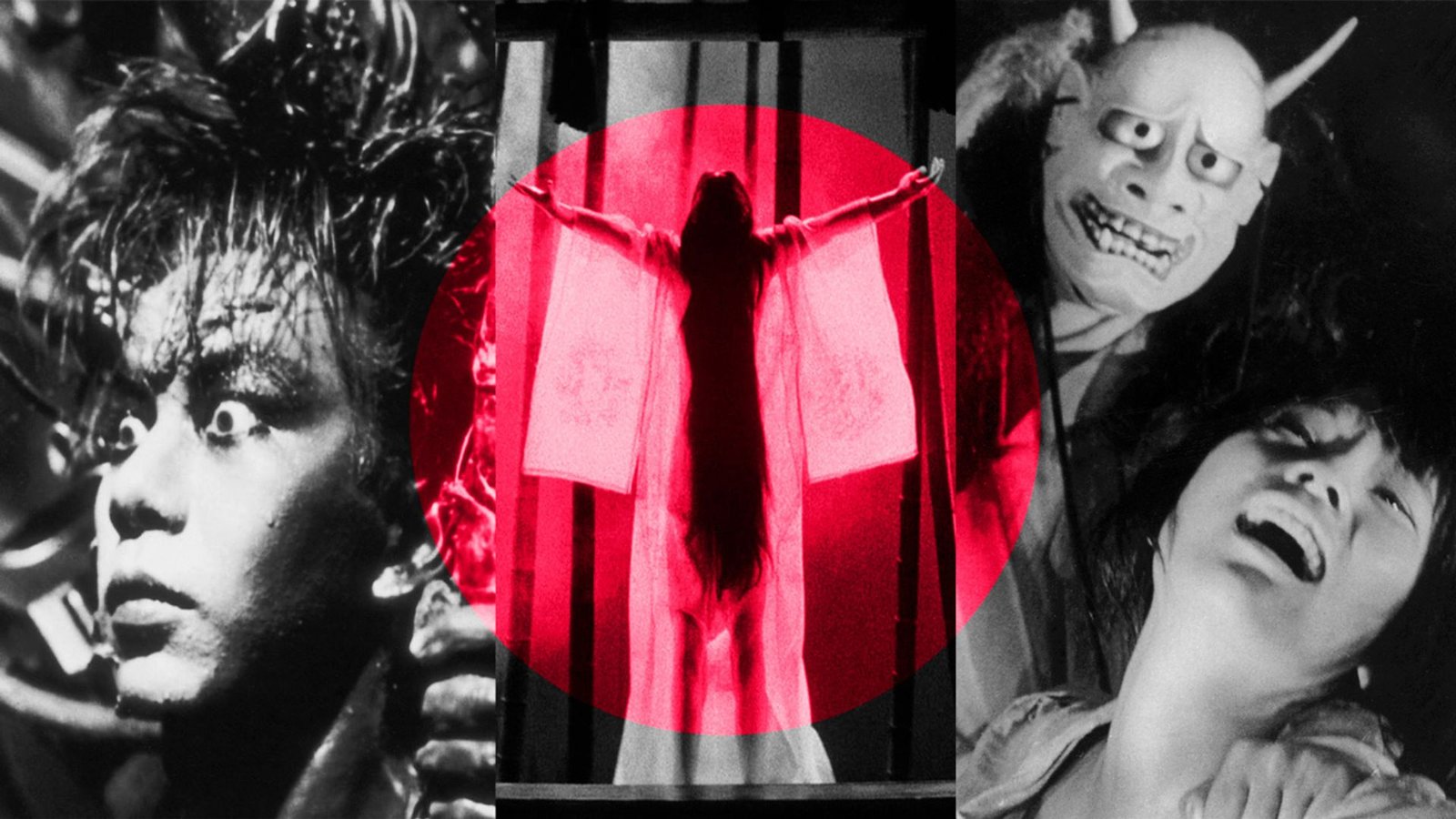The Best Japanese Horror Films for a Spooky Night In
Japanese horror films, known for their eerie atmospheres and psychological depth, are perfect for a spooky night in. These movies often delve into the supernatural, exploring themes of revenge, fear, and the unknown in ways that are both chilling and thought-provoking. Here’s a list of the best Japanese horror films to send shivers down your spine.

Ringu (1998)
Ringu is the film that brought Japanese horror to global attention. Directed by Hideo Nakata, this movie tells the story of a cursed videotape that brings death to anyone who watches it within seven days. The film’s blend of modern technology and ancient curses creates a terrifying atmosphere, making it a must-watch for horror fans.
Ju-on: The Grudge (2002)
Ju-on: The Grudge is another classic in the J-horror genre. Directed by Takashi Shimizu, the film is about a vengeful spirit that haunts and kills anyone who enters a cursed house. The non-linear storytelling, combined with eerie visuals and sound effects, makes this film a truly haunting experience.
Dark Water (2002)
Directed by Hideo Nakata, Dark Water is a psychological horror film that explores themes of loss, abandonment, and the supernatural. The story follows a mother and daughter who move into a rundown apartment building, only to discover that the building is haunted by a vengeful ghost. The film’s slow-burn tension and emotional depth make it a standout in the genre.
Audition (1999)
Audition, directed by Takashi Miike, starts as a quiet drama about a widower looking for love but quickly descends into one of the most disturbing horror films ever made. The film’s shocking twist and intense final act are legendary, making it a must-see for horror enthusiasts.
Pulse (Kairo) (2001)
Pulse, directed by Kiyoshi Kurosawa, is a film that taps into the fears of technology and isolation. The story revolves around a series of mysterious deaths linked to a website that promises visitors the chance to interact with the dead. The film’s haunting atmosphere and exploration of existential dread make it a chilling experience.
Onibaba (1964)
Onibaba, directed by Kaneto Shindō, is a classic Japanese horror film set during the civil wars of the 14th century. The film tells the story of two women who murder soldiers to steal their possessions, only to be haunted by a cursed mask. The film’s eerie visuals and psychological horror make it a timeless piece of cinema.
The Ring Virus (1999)
A South Korean adaptation of Ringu, The Ring Virus closely follows the original plot but adds its unique touches, making it worth watching for fans of the genre. The film retains the eerie atmosphere of the original while offering a different perspective on the story.
One Missed Call (2003)
One Missed Call, directed by Takashi Miike, is about a group of people who receive mysterious voicemails from their future selves, detailing the date and time of their death. The film’s use of modern technology as a conduit for supernatural terror makes it a chilling watch.
Noroi: The Curse (2005)
Noroi: The Curse is a found-footage horror film directed by Kōji Shiraishi. The film follows a paranormal investigator who uncovers a series of mysterious and deadly events linked to an ancient curse. The film’s documentary-style approach and slow-building tension create an unsettling atmosphere that lingers long after the credits roll.
Kwaidan (1964)
Kwaidan, directed by Masaki Kobayashi, is an anthology film based on Japanese ghost stories. Each segment is beautifully shot, blending traditional Japanese art with haunting tales of the supernatural. The film’s striking visuals and eerie stories make it a masterpiece of the horror genre.
Conclusion
Japanese horror films offer a unique blend of psychological terror, supernatural elements, and cultural themes that make them perfect for a spooky night in. Whether you’re a seasoned horror fan or new to the genre, these films are sure to provide plenty of chills and thrills.



